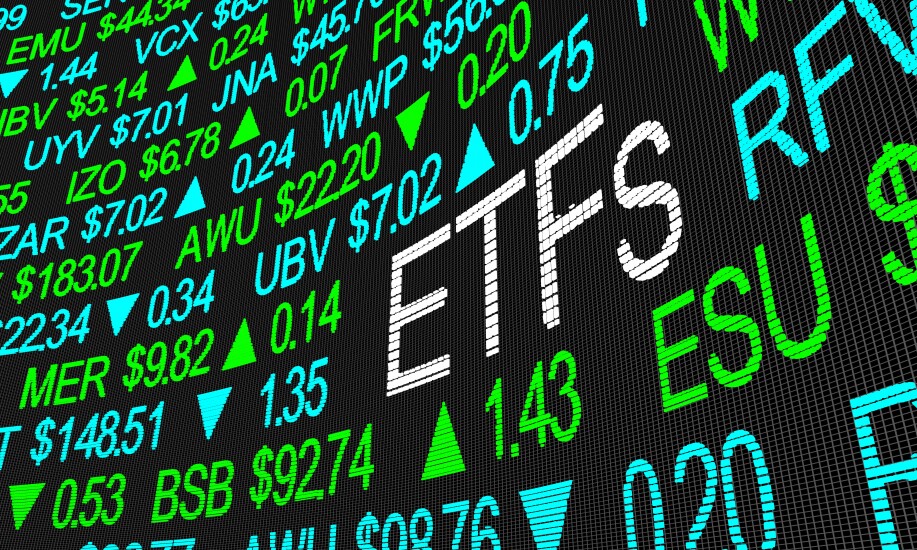Want unlimited access to top ideas and insights?
In January, the Securities and Exchange Commission approved
Popular stock-trading platforms now
Since the SEC's approval of spot ETFs, the value of bitcoin and bitcoin ETFs as investments have faced increased scrutiny.
"Bitcoin is primarily a speculative, volatile asset that's also used for illicit activity including ransomware, money laundering, sanction evasion, and terrorist financing," Gensler wrote. "While we approved the listing and trading of certain spot bitcoin ETF shares today, we did not approve or endorse bitcoin."
Read more:
Kashif Ahmed, CFP and president of American Private Wealth in Bedford, Massachusetts, does not recommend his clients gain exposure to bitcoin ETFs.
"The SEC's statement says all that any investor needs to know," he recently told Financial Planning. "Just because the SEC has allowed ETFs in bitcoin to be launched doesn't mean they necessarily make sense in a portfolio."
Other advisors stress the risk of cryptocurrency to clients, likening it to gambling. Brett Bernstein, the CEO and co-founder of XML Financial Group, asks his crypto-curious clients, "If you were to go with me to Las Vegas for the weekend, how much would you be willing to put on one number and one color at the roulette wheel?"
In recent years, bitcoin, the most widely known cryptocurrency, has seen its price
Read more:
Still, these 11 new bitcoin ETFs quickly proved popular to investors, drawing in about $4 billion within a week of their
Van Dusen told Financial Planning that even some of the large and midsized institutional investors her firm works with are curious about digital assets after previously having "zero interest in even talking about this."
She noted that some of her clients — who tend to be high net worth and ultrahigh net worth — like to buy gold as a hedge against the possibility that the U.S. dollar will plummet in value amid ballooning federal deficits. Some now think bitcoin and other digital assets can serve a similar purpose. Other clients of Van Dusen look at cryptocurrencies as offering them an opportunity to be a venture investor supporting one of the next great leaps in technological innovation.
Read on for stories that can help you juggle clients' enthusiasm or hesitancy when it comes to the new spot bitcoin ETFs and to more traditional ETFs.










